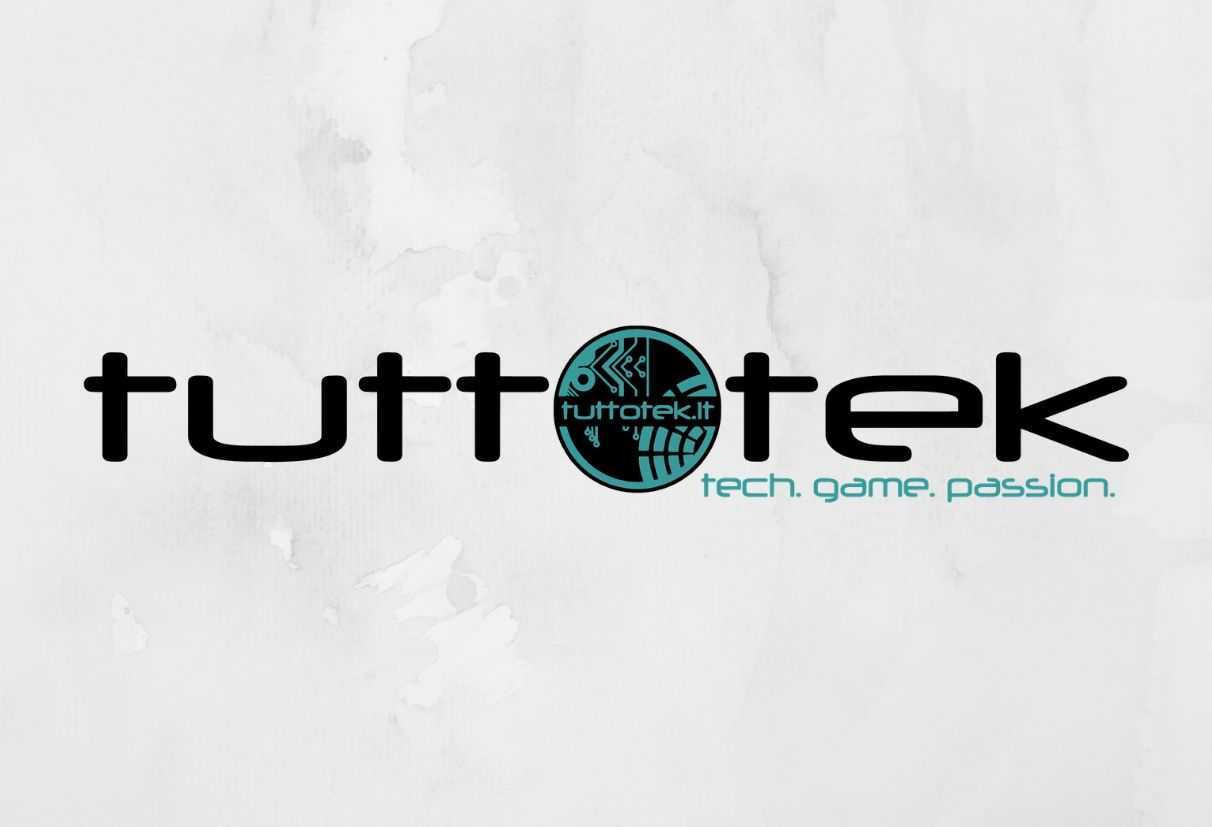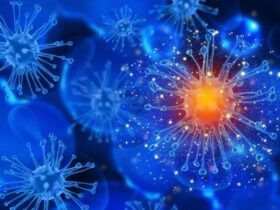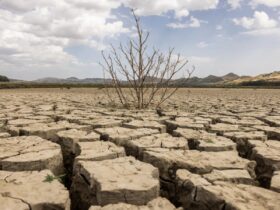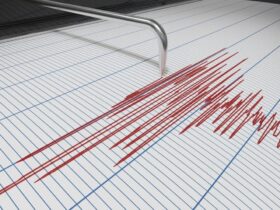Becoming a scientist requires proper training, great scientific knowledge and strong motivation
It is a very long and demanding course of study, but one that can lead to an extremely rewarding career. Let’s see in this article what are the studies and requirements necessary to undertake this profession.
What does a scientist do
A scientist is a person who does scientific research, i.e. tries to solve problems or develop new technologies. The scientist uses analysis, experiment and logic to get results. Scientific research can be done in various fields, such as physics, chemistry, biology and medicine.
A scientist can be involved in a wide variety of projects, both scientific and social. For example, they may be involved in studying new technologies, such as medicine, that can help people live better lives. They can also help find new ways to solve environmental problems. Additionally, they may be involved in developing new scientific theories, which can then be tested.
The scientist may also be involved in research projects that serve to develop new medical treatments. For example, a scientist may be involved in researching drugs that can help treat serious diseases or prevent their onset. Additionally, they can participate in the development of new medical devices that can be used to help people live better lives.
Studying to become a scientist
To become a scientist, in addition to the upper secondary education diploma, it is necessary to have a degree in a scientific subject, such as chemistry, physics, biology or other. The degree can be obtained by attending a college or university that offers a specialized study program in a given scientific discipline. After earning their bachelor’s degree, some scientists may pursue a doctorate or master’s degree in a specific area, such as chemistry or biology.
During your studies, it is important to understand the physical and chemical laws that govern the universe, as well as the procedures necessary for sharing results and data. Scientists also need to be able to communicate their findings in a way that is clear and understandable to their colleagues. Once you have obtained your bachelor’s or doctorate, you can pursue a career as a scientist in a laboratory, research or university. Scientists must be ready to work in teams, solve complex problems and provide innovative solutions.
Furthermore, it is important to stay up to date on the latest scientific discoveries, attend conferences and seminars, and read scientific publications regularly. Becoming a scientist requires a great passion for science, a strong commitment to study and a good knowledge of scientific subjects. However, for those with the right skills, the reward is the chance to do challenging work and contribute to a more sustainable society.
Why become scientists?
Many wonder why a person should become a scientist. The answer is simple: science is one of the most fascinating and challenging disciplines we can undertake. It is not necessary to have a science degree to become a scientist: anyone can pursue this career if they have a strong passion for science and learning. To be a scientist means to become a student of science, technology and medicine. The scientist must be able to understand how things work and how they can be used.
It is an extremely inspiring job where you get the chance to discover and share your discoveries with the world. One of the most exciting aspects of becoming a scientist is that you can make progress in scientific research, helping to improve your quality of life. Science has allowed researchers to develop new medicines, tackle the environmental crisis and solve complex problems. Science allows us to produce significant and positive changes in our society.
Also, becoming a scientist offers great personal satisfaction. You have the opportunity to explore and discover new things, to experiment and to create knowledge. You can also feel part of a community of people who share the same passion for science.
















Leave a Reply
View Comments